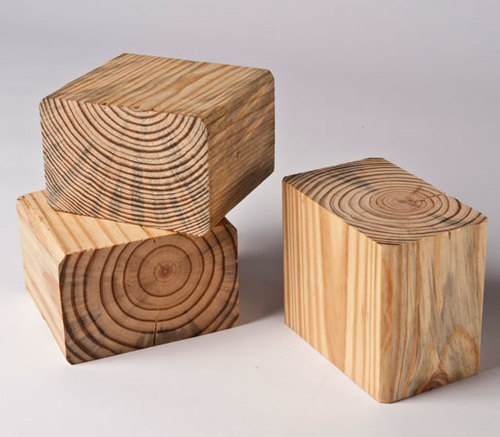Square Fun With Blocks
 You have a set of blocks in school which your math prof has numbered in chalk from 1 to 100. Your math prof says,
You have a set of blocks in school which your math prof has numbered in chalk from 1 to 100. Your math prof says,
"Remove all the blocks that are numbered with a perfect square, and then renumber the remaining blocks consecutively starting from 1. Keep repeating that till you have removed all the blocks."
Can you tell your math prof quickly how many times the operation will need to be performed to reduce the number of blocks in the set to zero ?
The answer is 19.
This section requires Javascript.
You are seeing this because something didn't load right. We suggest you, (a) try
refreshing the page, (b) enabling javascript if it is disabled on your browser and,
finally, (c)
loading the
non-javascript version of this page
. We're sorry about the hassle.
10,9 9,8 8,7 7,.....;therefore 2*9+1=19